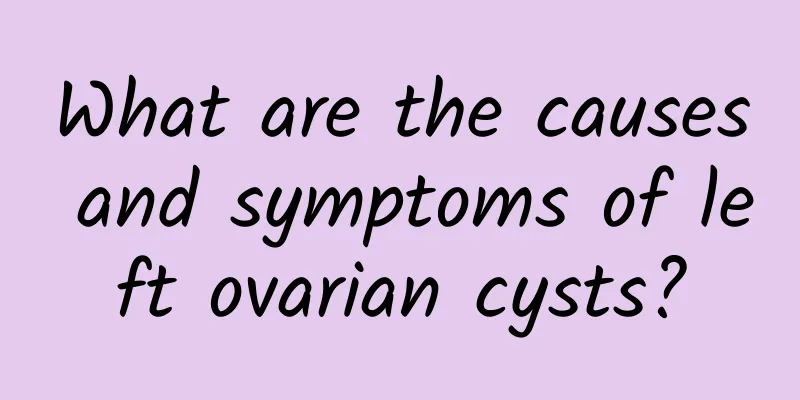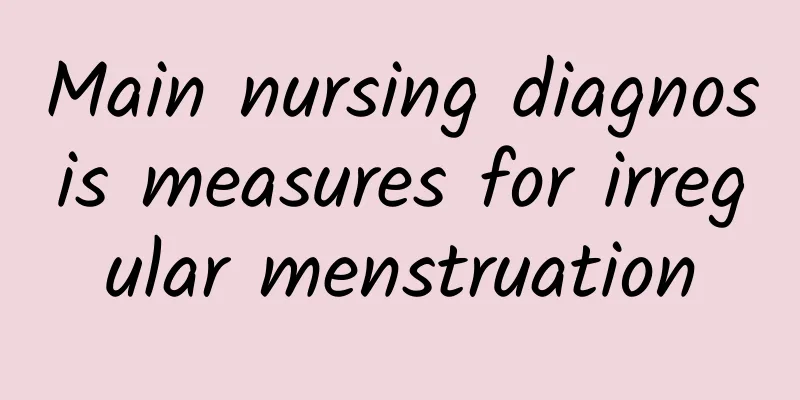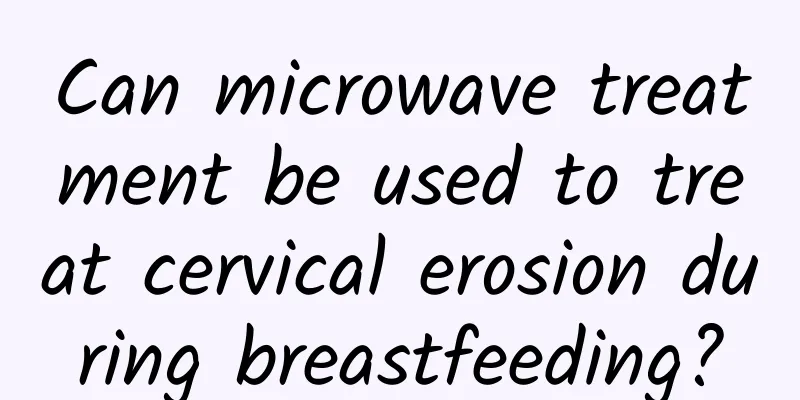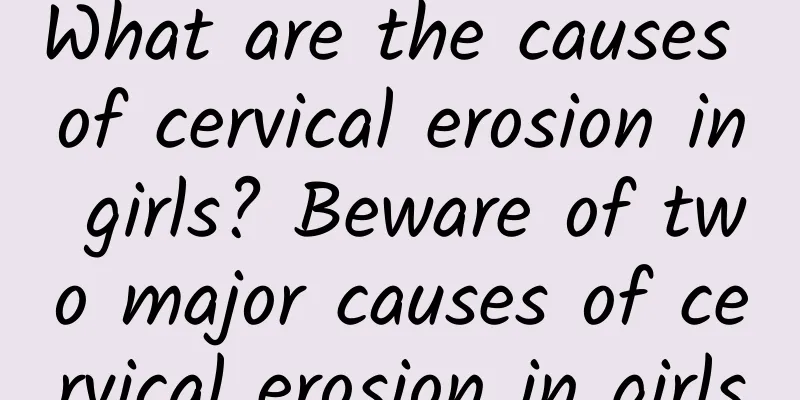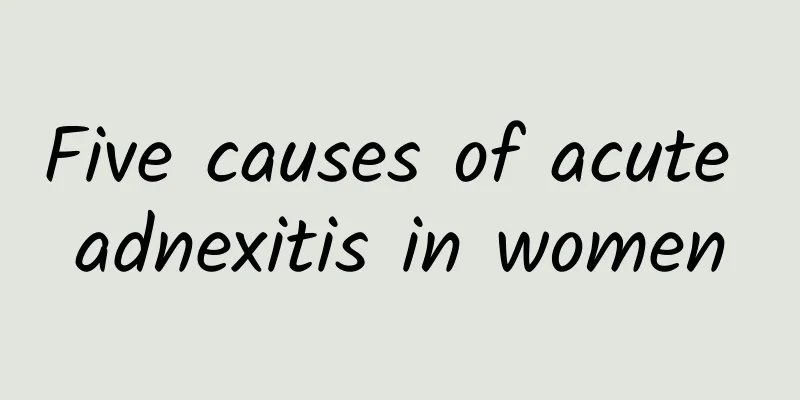What foods can't be eaten by people with uterine fibroids?
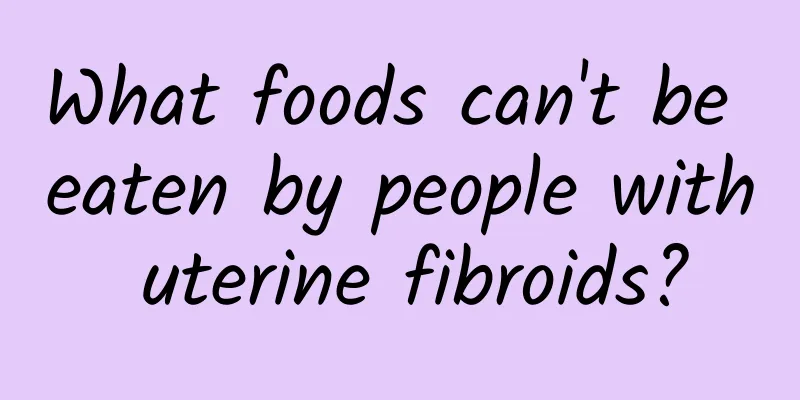
|
What kind of food can't be eaten by people with uterine fibroids? What kind of food can't be eaten by people with uterine fibroids? Uterine fibroids are one of the most common benign tumors in women, which mainly originate from the smooth muscle cells of the uterine muscle layer. Although most uterine fibroids are asymptomatic, in some cases they may cause symptoms of abdominal pain, irregular menstruation, abnormal vaginal bleeding, and bladder compression. Considering the importance of diet to good health, patients with uterine fibroids should pay special attention to dietary conditioning to help control symptoms and relieve discomfort. Patients with uterine fibroids should be careful to remove or reduce the intake of some foods that are not conducive to the healing or worsening of fibroids. High-fat foods should be avoided. High-fat foods not only lead to weight gain, but also promote the increase of estrogen levels and aggravate the growth of fibroids. Patients should avoid consuming fatty meats, fried foods, cream, butter, cheese and processed meats. The intake of sugars and sugars should also be limited, because high blood sugar and increased insulin may have adverse effects on the growth of fibroids. Therefore, patients should try to avoid eating candies, cakes, chocolates and sugary drinks. The intake of caffeine and alcohol should also be minimized as they may have a negative impact on the growth of fibroids. For patients with uterine fibroids, some foods that are beneficial to fibroids should also be added to the diet. High-fiber foods are very important. High-fiber foods can help reduce the absorption of estrogen, thereby reducing the growth of fibroids. Patients can consume a lot of vegetables, fruits, whole grains and beans. Foods rich in vitamins and minerals should also be added to the diet. For example, vitamin D and calcium can help prevent the development of fibroids, so patients should consume more dairy products, fish and green vegetables. Foods rich in antioxidants can also help relieve the symptoms of fibroids, such as blueberries, pomegranates, carrots and tomatoes. We need to note that dietary therapy cannot replace the doctor's treatment and management. If there are any discomfort symptoms or questions related to fibroids, patients should consult a doctor for professional advice. Diet has a certain impact on uterine fibroids, but like other treatments, it is part of a comprehensive treatment. Only a reasonable diet combined with appropriate drug treatment and adjustment of lifestyle habits can better control the growth of fibroids and relieve symptoms. In summary, patients with uterine fibroids should avoid high-fat foods, high-sugar foods, caffeine and alcohol, and consume more high-fiber foods, foods rich in vitamins and minerals, and antioxidants to help control symptoms and relieve discomfort. Dietary adjustments are crucial for the management of uterine fibroids, but should be combined with the doctor's advice and treatment plan to achieve the best results. |
Recommend
Detailed explanation of some causes of dysmenorrhea
Most women nowadays have dysmenorrhea, but many d...
How to treat female cervical erosion? Do female cervical erosion really need treatment?
How to treat cervical erosion 1. Drug treatment D...
Is pelvic mass adenomyosis?
A pelvic mass is not necessarily a symptom of ade...
Childhood obesity warning! Blood pressure and blood sugar abnormality rates are 2 times higher
A fat child is not necessarily a blessing! The Na...
The most valuable auxiliary examination for threatened abortion
Every pregnant mother wants to give birth to a he...
Fasting and inducing vomiting to lose weight will only make you fatter! Nutritionist Yan Huijing reveals: 7 NG weight loss methods to avoid
In order to lose weight quickly, many people try ...
Women who love sweets are more likely to suffer from candidal vaginitis
Vaginal candidiasis is a common female reproducti...
How to treat cervical erosion without recurrence
Many women with cervical erosion will experience ...
Which hospital is better for treating uterine effusion?
Which hospital is better to go to for uterine eff...
Is it normal for the color of the menstrual period to be bright red? If it is stable, it is normal
If the menstrual blood is bright red, it is norma...
What medicine to take to regulate menstrual disorders
What medicine should I take to regulate menstrual...
What medicine should I take for uterine fibroids and adnexal cysts? How to treat uterine fibroids and adnexal cysts?
Uterine fibroids and adnexal cysts are two common...
Consumers' Foundation: US beef still has concerns about L-type atypical mad cow disease
The controversy over American beef is raging. The...
Coconut water is a must! 10 benefits for weight loss are also on the list
Summer is the peak season for coconuts, especiall...
Should I take medicine if my period suddenly stops at 48 years old?
Should I take medicine if my period suddenly stop...

